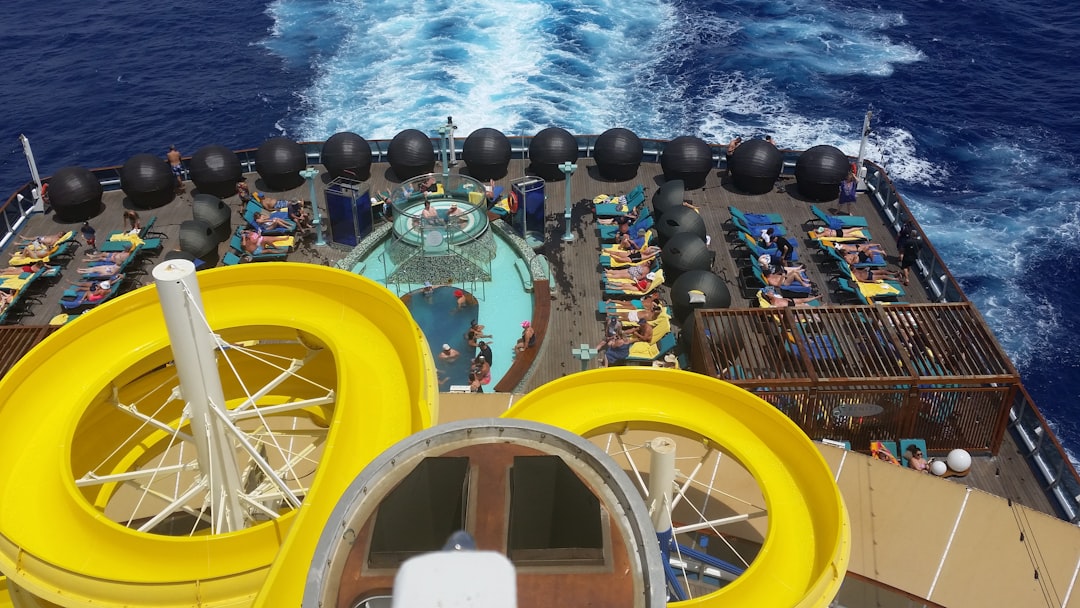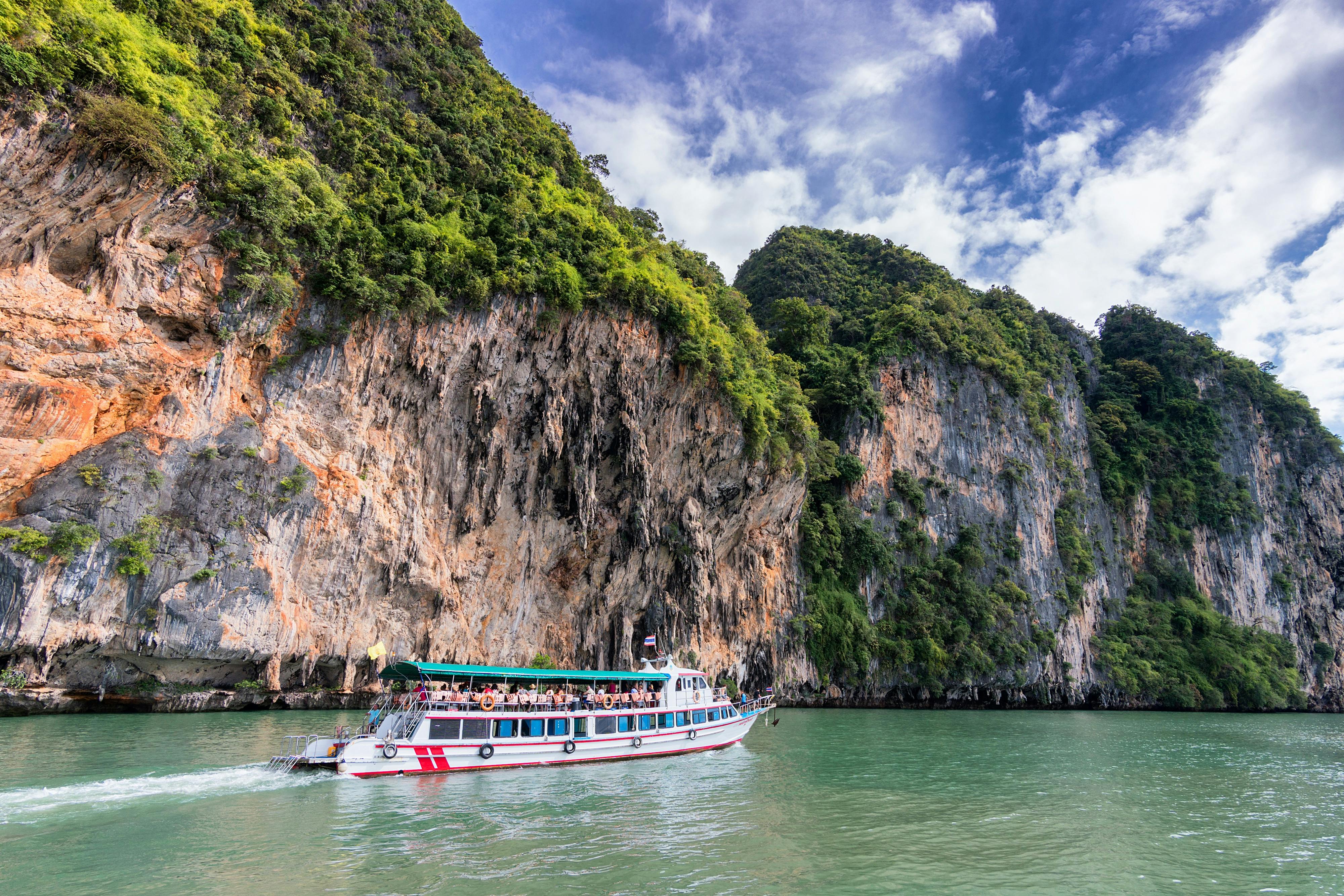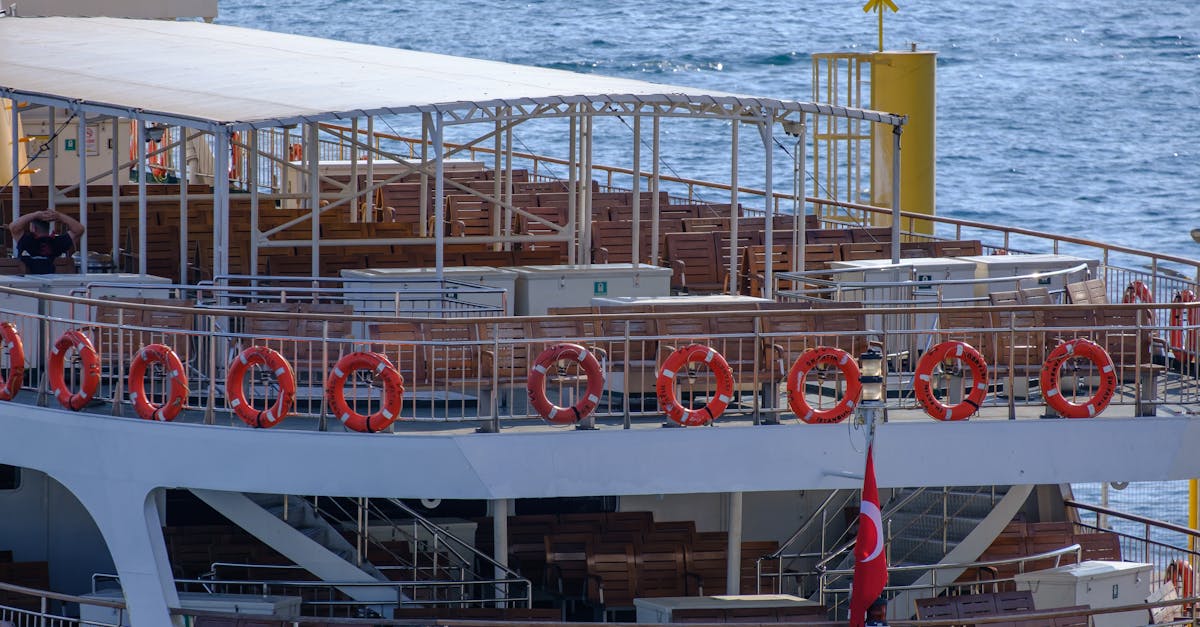10 Things First-Time Cruisers Wish They Knew Before Boarding
Embarking on a cruise for the first time is akin to stepping into a world of endless possibilities and uncharted adventures. It's a unique blend of relaxation and exploration, with the vast ocean as your constant companion. For first-timers, the anticipation is often matched by a flurry of questions and uncertainties. What should you pack? How does one navigate the labyrinthine corridors of a cruise liner? What activities are worth the time? This introduction sets the stage for a comprehensive guide that aims to unravel these mysteries and more, ensuring that your maiden voyage is nothing short of spectacular. Let's begin!
1. Choosing the Right Cruise: A Sea of Options
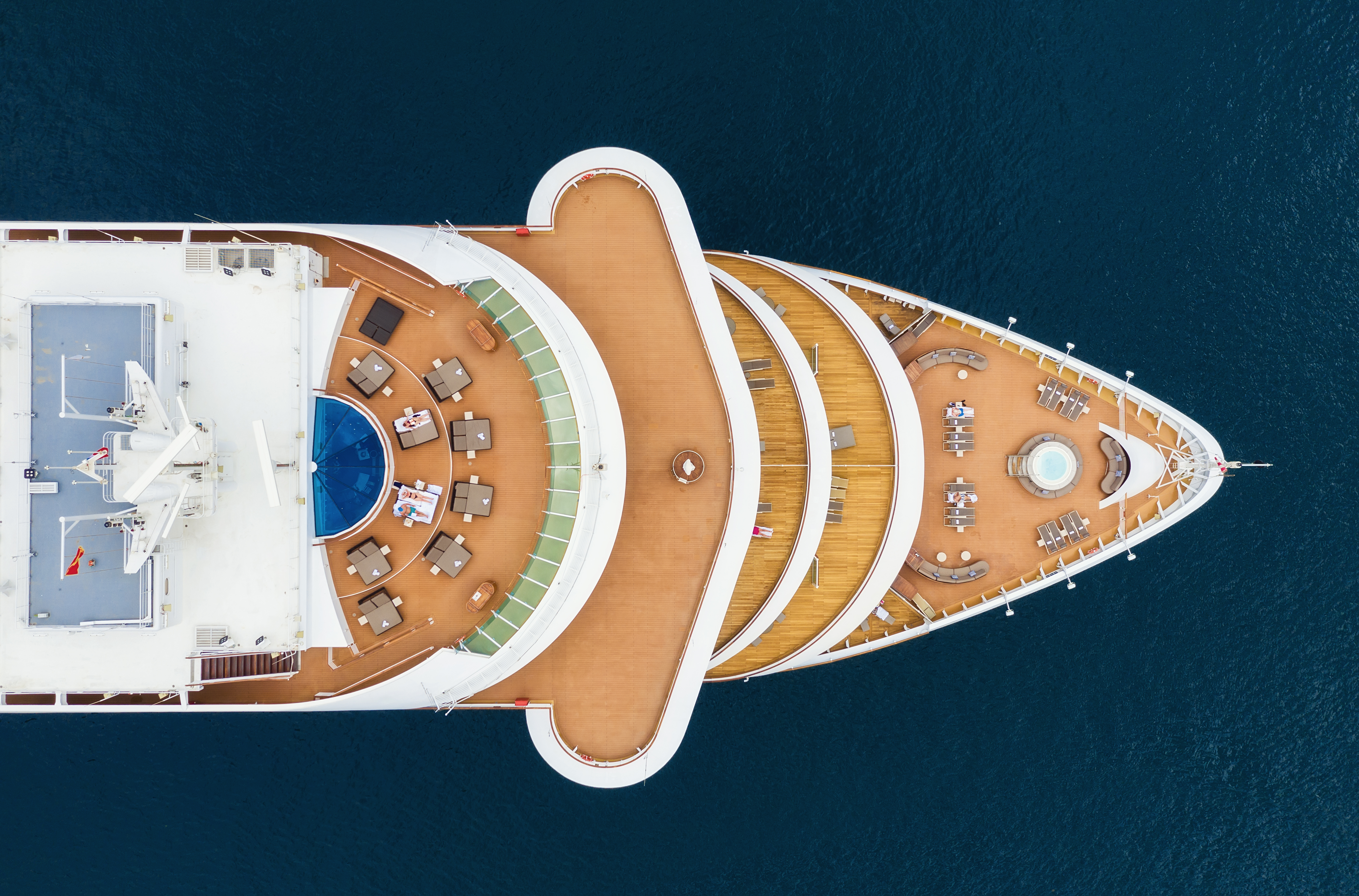
Selecting the right cruise is the first pivotal decision in your maritime journey. With a myriad of options available, ranging from luxury liners to budget-friendly voyages, finding the perfect fit requires careful consideration. Each cruise line offers a distinct experience, with varying itineraries, onboard amenities, and target demographics. For instance, some cruises cater to families with children, offering kid-friendly activities and entertainment, while others focus on adult-centric experiences like fine dining and cultural excursions. Researching destinations is equally crucial. Whether you're drawn to the sun-kissed beaches of the Caribbean, the historic ports of the Mediterranean, or the icy wonders of Alaska, each destination offers unique attractions and excursions. It's important to align your interests with the cruise's itinerary. Additionally, consider the duration of the cruise. While a week-long voyage might be ideal for some, others might prefer a shorter getaway or an extended journey. By carefully weighing these factors, first-timers can ensure their cruise aligns with their expectations and desires.
2. Packing Essentials: More Than Just a Suitcase
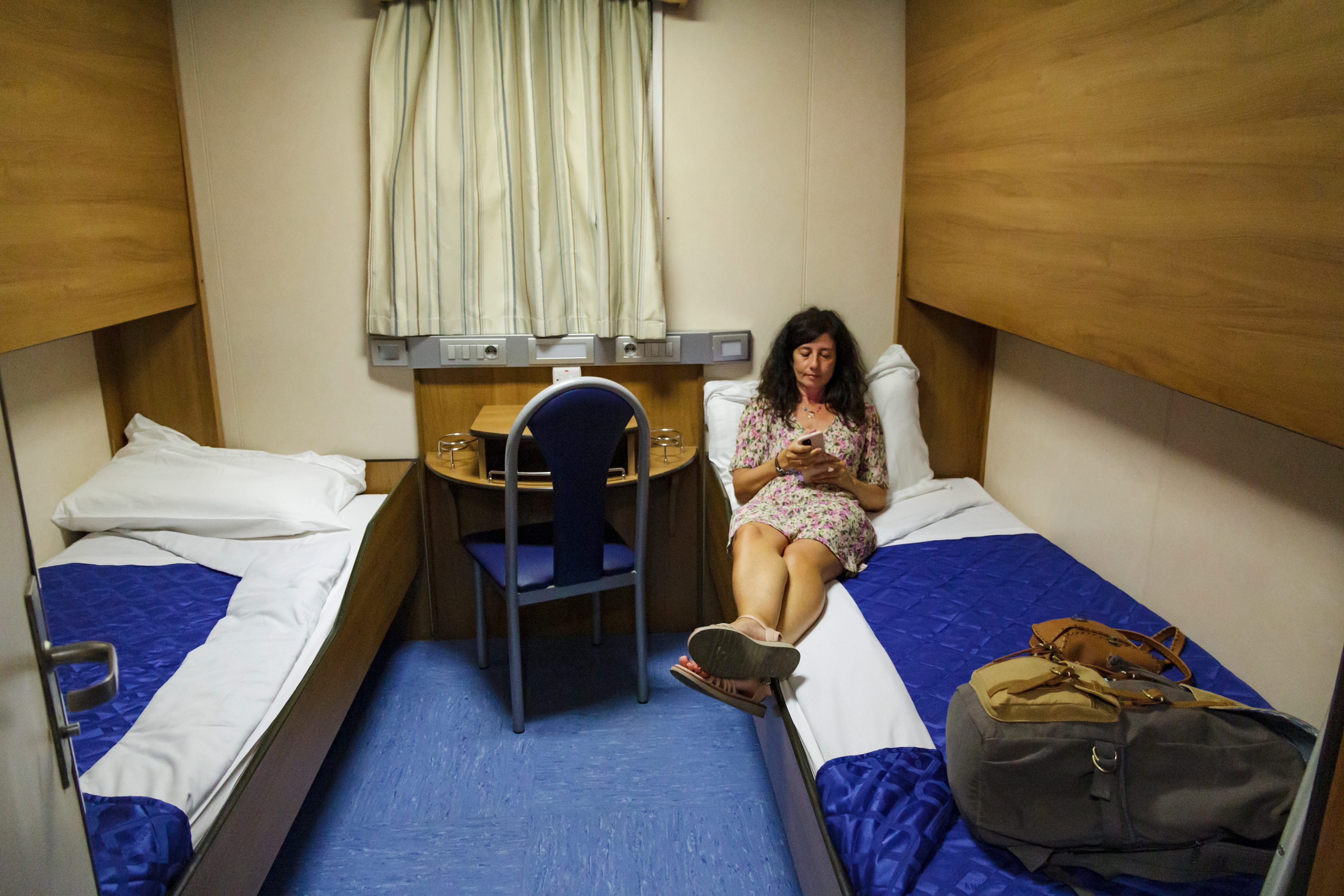
Packing for a cruise requires a strategic approach, balancing the need for versatility with the limitations of cabin space. Unlike land-based vacations, cruises often involve a variety of activities, from formal dinners to casual beach outings, necessitating a diverse wardrobe. Begin with the essentials: comfortable clothing for daytime activities, swimwear for poolside lounging, and formal attire for elegant evenings. Many cruise lines have specific dress codes for dining, so it's advisable to check these requirements in advance. Beyond clothing, consider the practicalities of life at sea. Sunscreen is a must, given the reflective nature of water and the extended time spent outdoors. A small first-aid kit can be invaluable for minor ailments. Don't forget travel-sized toiletries, as cabin bathrooms are often compact. Power strips can be a lifesaver, given the limited number of outlets in cabins. Finally, pack a day bag for shore excursions, complete with essentials like water bottles, binoculars, and travel guides. Thoughtful packing ensures you're prepared for every adventure the cruise has to offer.
3. Navigating the Ship: A Floating City
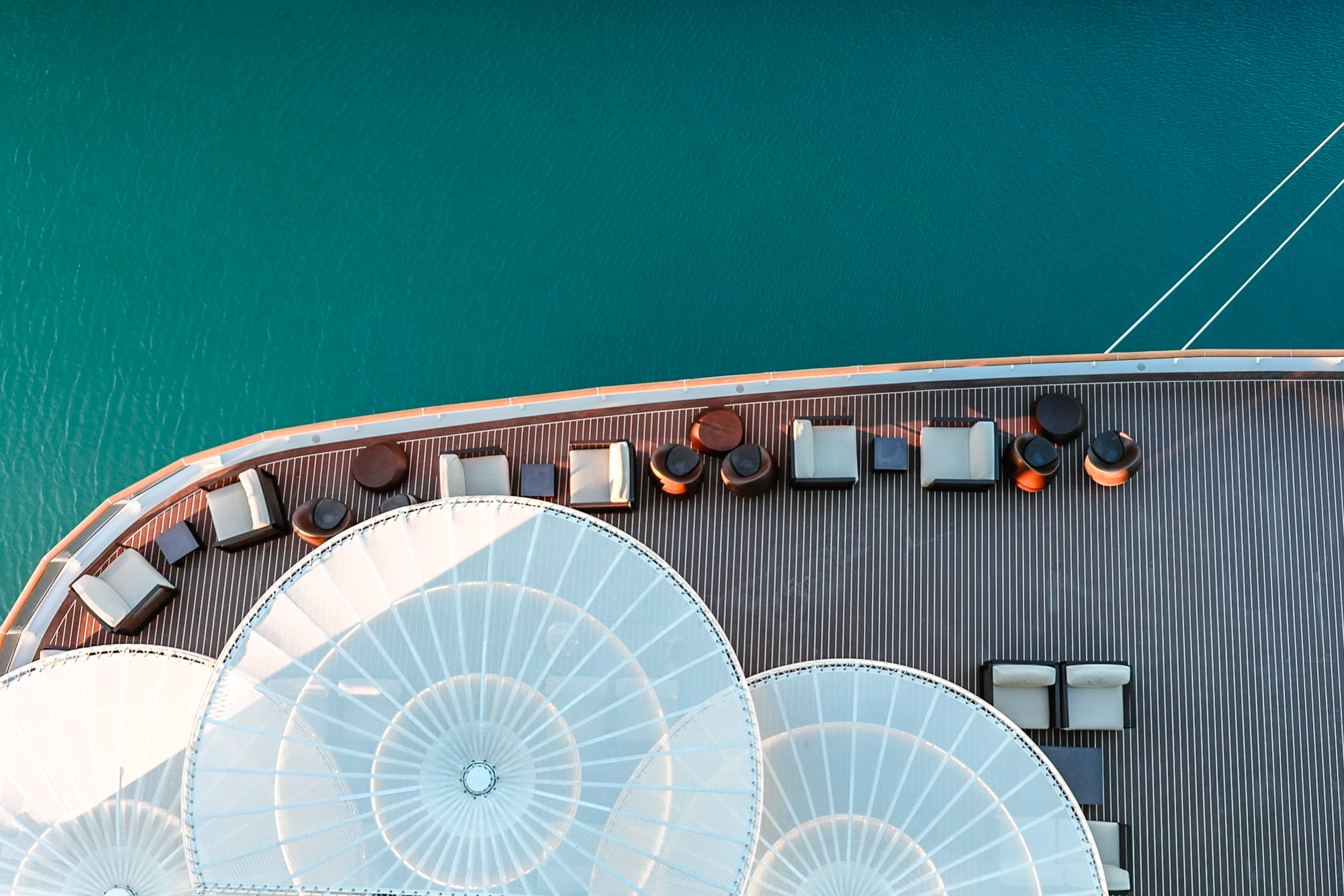
Stepping aboard a cruise ship for the first time can be an overwhelming experience. These vessels are akin to floating cities, complete with multiple decks, a variety of dining venues, entertainment options, and leisure facilities. Familiarizing yourself with the ship's layout is crucial for maximizing your cruise experience. Upon boarding, take a tour of the ship or attend an orientation session to get your bearings. Most ships provide maps or apps to help passengers navigate the sprawling expanse. Understanding the ship's schedule is equally important. Daily newsletters or apps provide a rundown of activities, dining options, and entertainment for each day. This allows you to plan your time effectively, ensuring you don't miss out on any must-see shows or activities. Additionally, familiarize yourself with the ship's emergency procedures and muster stations. Safety drills are mandatory and provide vital information on what to do in case of an emergency. With a little preparation, navigating the ship becomes second nature, allowing you to focus on enjoying your maritime adventure.
4. Dining Delights: Culinary Adventures at Sea
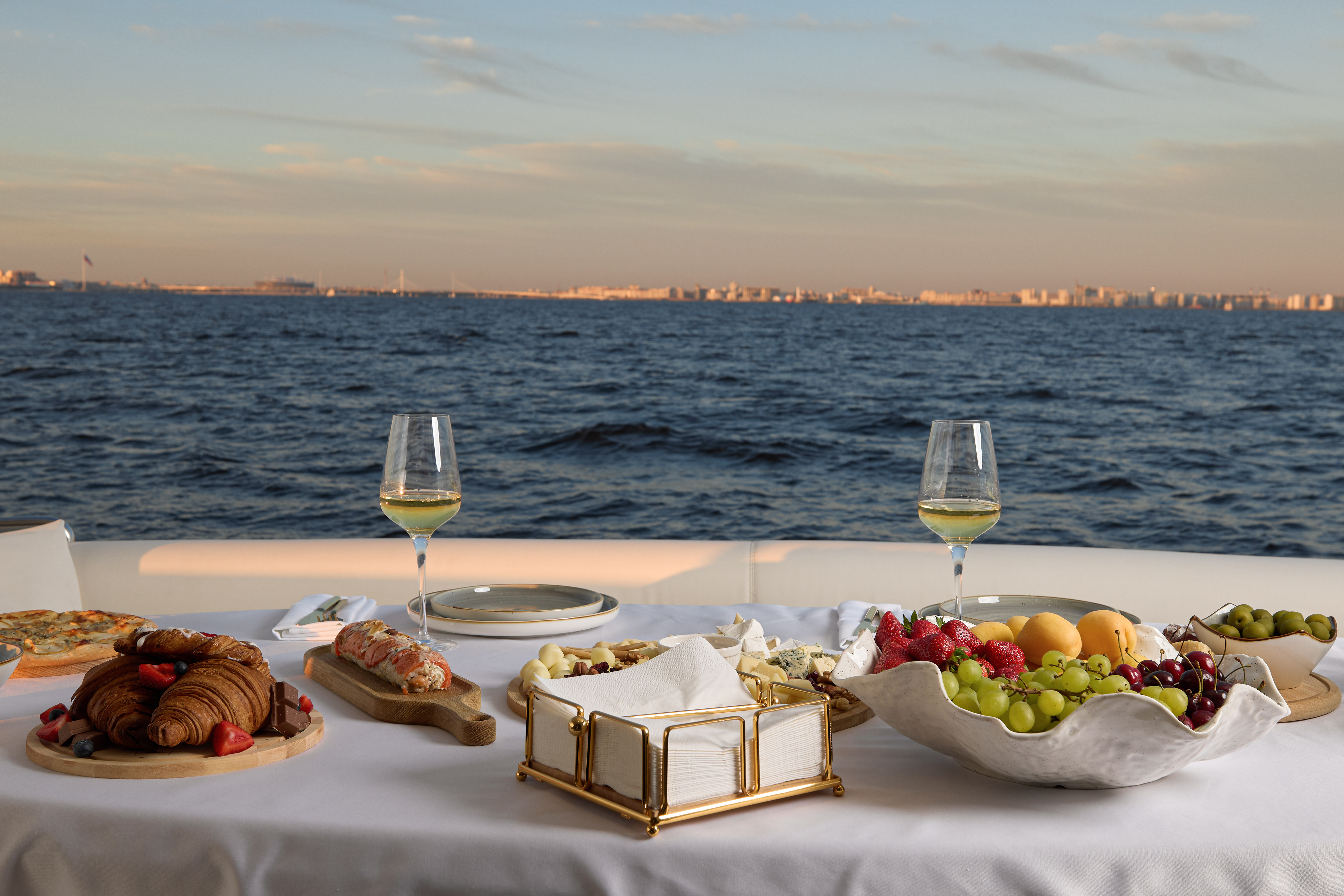
One of the highlights of cruising is the diverse culinary experiences available on board. Cruise ships boast an array of dining options, from casual buffets to gourmet restaurants helmed by renowned chefs. Understanding the dining landscape is key to making the most of these offerings. Most ships offer traditional dining with set meal times and assigned seating, as well as flexible dining options that allow you to eat at your convenience. It's worth exploring both to see which suits your style. For food enthusiasts, specialty dining venues offer an opportunity to indulge in unique culinary experiences. These restaurants often require reservations and may have an additional fee, but the experience is often worth it. From sushi bars to steak houses, the variety can be astounding. Additionally, themed nights and food festivals are common on cruises, offering a chance to sample regional cuisines and specialties. For those with dietary restrictions, most cruise lines accommodate various needs, but it's advisable to inform them in advance. With so many options, dining on a cruise is an adventure in itself.
5. Shore Excursions: Exploring New Horizons

Shore excursions are a quintessential part of the cruise experience, offering a chance to explore new destinations and cultures. These excursions range from guided tours of historic landmarks to adventurous activities like snorkeling or hiking. Planning your excursions in advance is crucial, as popular tours can fill up quickly. Cruise lines often offer a selection of excursions, but independent tours can also be a great option for those seeking a more personalized experience. When selecting excursions, consider your interests and physical capabilities. Some tours may involve extensive walking or strenuous activities, so choose accordingly. It's also wise to research the cultural norms and customs of the destinations you'll be visiting, ensuring respectful and enjoyable interactions with locals. Finally, keep an eye on the time. Ships adhere to strict schedules, and it's essential to return on time to avoid being left behind. With careful planning, shore excursions can be a highlight of your cruise, offering unforgettable memories and experiences.
6. Onboard Entertainment: Nights to Remember

Cruise ships are renowned for their entertainment offerings, providing a diverse array of shows, performances, and activities to suit all tastes. From Broadway-style productions to live music and comedy acts, the entertainment options are vast and varied. Most ships offer nightly shows in their theaters, featuring talented performers and captivating productions. These shows are often included in the cruise fare, making them a popular choice for evening entertainment. Beyond the theater, cruise ships offer a plethora of activities to keep guests entertained. Casinos, nightclubs, and bars provide lively nightlife options, while trivia contests, karaoke, and game shows offer fun for all ages. For those seeking a more relaxed evening, movie screenings, stargazing sessions, and live music performances can be the perfect choice. With so many options, it's easy to fill your evenings with entertainment that suits your preferences and mood.
7. Health and Wellness: Staying Fit at Sea

Maintaining a healthy lifestyle while cruising is entirely feasible, thanks to the wellness facilities available on most ships. Fitness centers equipped with state-of-the-art equipment offer a range of workout options, from cardio machines to weightlifting. Many ships also offer fitness classes, such as yoga, pilates, and spin classes, providing a structured and social way to stay active. For those who prefer outdoor exercise, jogging tracks and sports courts are often available. In addition to physical fitness, cruises offer a variety of wellness treatments and services. Spas provide a sanctuary for relaxation and rejuvenation, with treatments ranging from massages to facials. Wellness seminars and workshops are also common, offering insights into topics like nutrition, mindfulness, and stress management. For those seeking a holistic approach to wellness, many cruises offer programs focused on mental and emotional well-being. By taking advantage of these offerings, passengers can maintain their health and wellness while enjoying their cruise.
8. Budgeting and Expenses: Navigating Costs

Cruising can be a cost-effective way to travel, but it's essential to understand the expenses involved to avoid unexpected surprises. The cruise fare typically includes accommodation, meals, and entertainment, but additional costs can quickly add up. Specialty dining, shore excursions, spa treatments, and alcoholic beverages often incur extra fees. It's important to budget for these expenses and factor them into your overall travel budget. Gratuities are another consideration, as most cruise lines automatically add a daily service charge to your onboard account. This covers tips for the crew members who provide service throughout your cruise. Some cruise lines offer packages that include gratuities, beverages, and other amenities, which can provide value and simplify budgeting. By understanding the costs involved and planning accordingly, first-timers can enjoy their cruise without financial stress.
9. Connecting with Fellow Travelers: Building Community
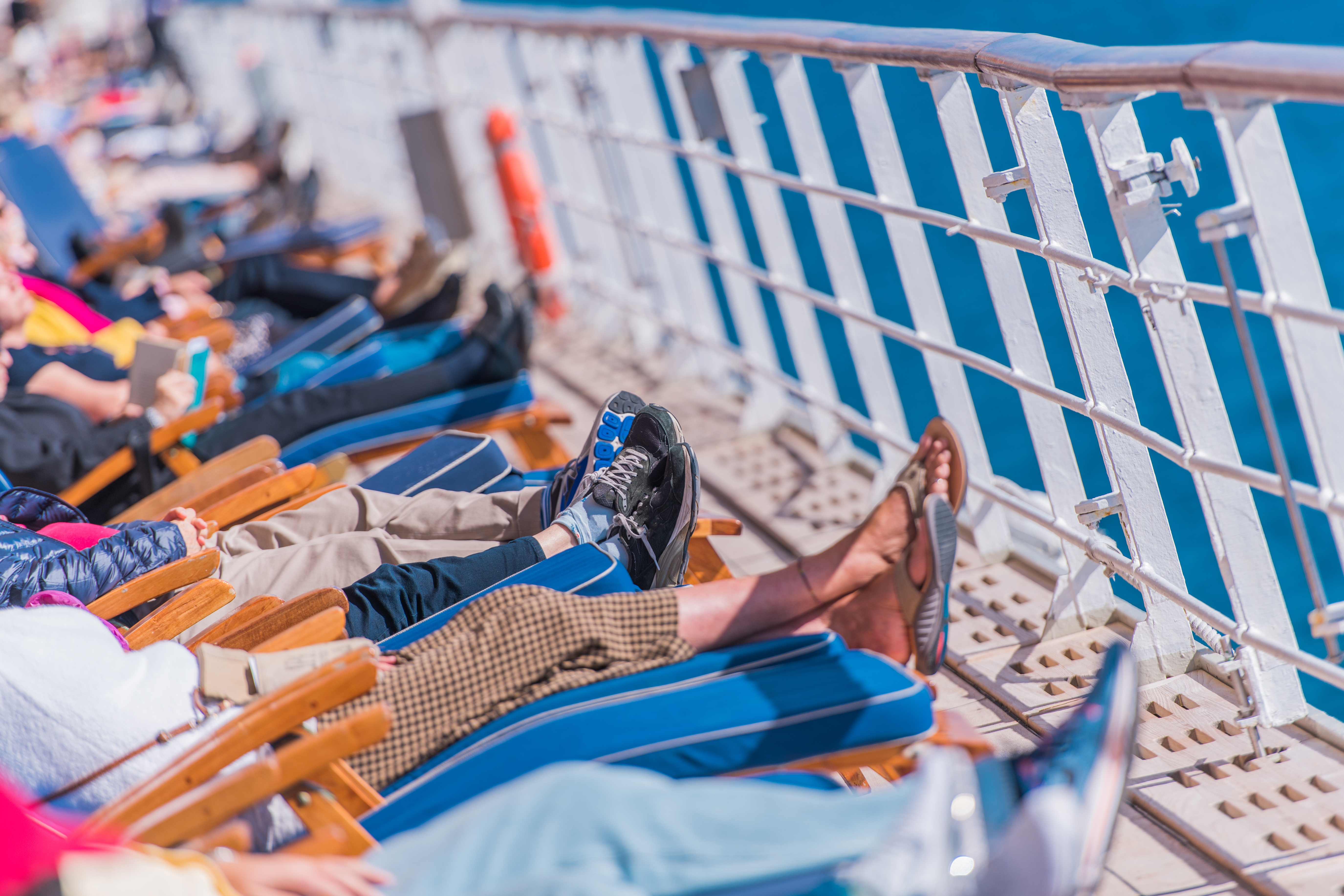
Cruising offers a unique opportunity to connect with fellow travelers from around the world. The communal nature of a cruise fosters a sense of camaraderie, with shared experiences and activities providing a natural platform for social interaction. Whether you're traveling solo, as a couple, or with family, there are numerous opportunities to meet and engage with other passengers. Participating in group activities, such as shore excursions, dining at shared tables, and attending onboard events, can lead to meaningful connections and friendships. Many cruise lines also offer social gatherings and meetups for specific groups, such as solo travelers, families, or special interest groups. Engaging with fellow passengers not only enriches your cruise experience but also creates lasting memories and connections that extend beyond the voyage.
10. Environmental Considerations: Sailing Sustainably
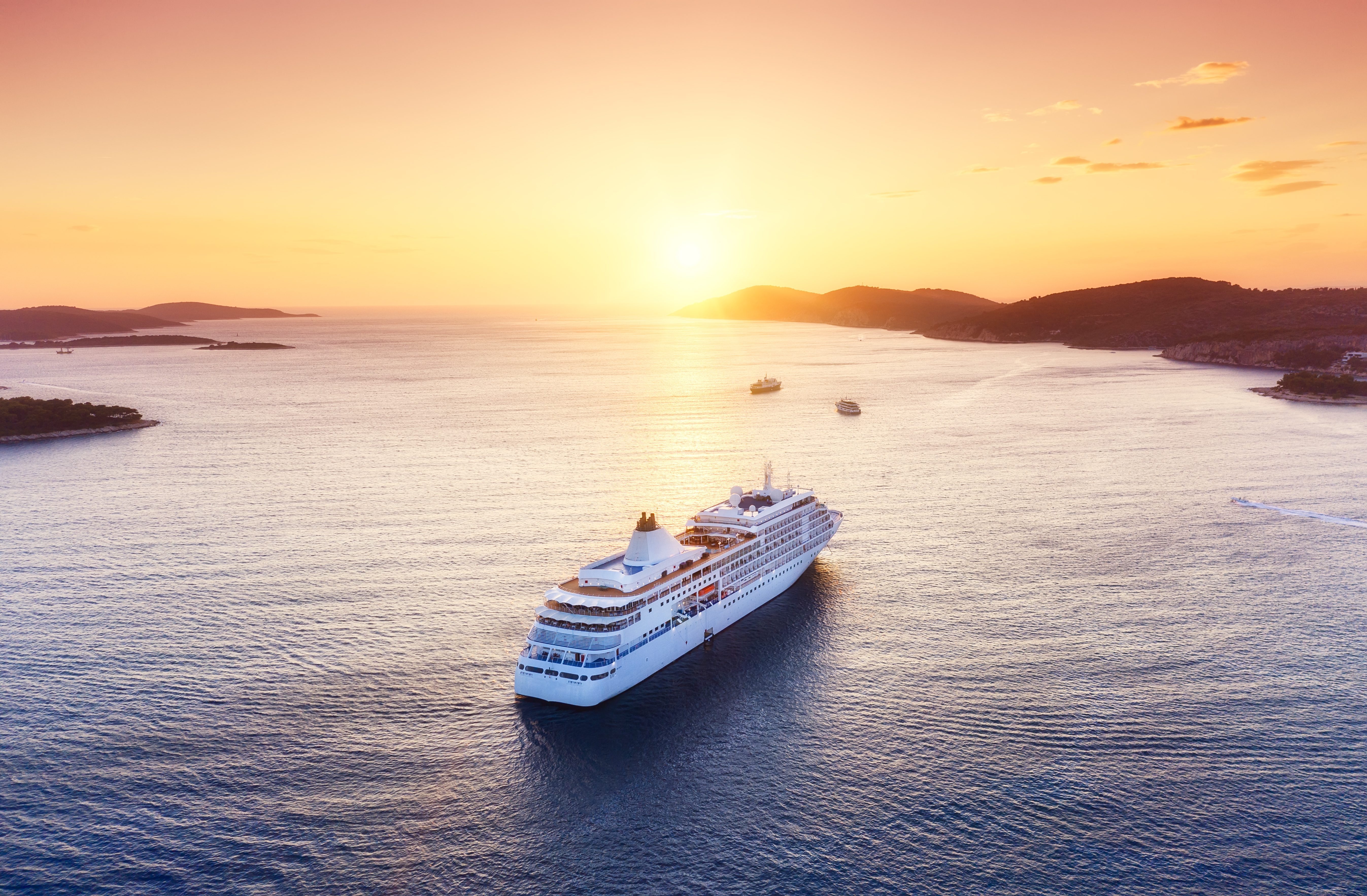
As awareness of environmental issues grows, many travelers are seeking ways to minimize their impact while enjoying their cruise. Cruise lines are increasingly adopting sustainable practices, such as reducing waste, conserving energy, and supporting local communities. For environmentally conscious travelers, choosing a cruise line with strong sustainability initiatives can align with personal values and contribute to positive change. Passengers can also play a role in promoting sustainability by making conscious choices during their cruise. Simple actions, such as reducing plastic use, conserving water, and participating in eco-friendly shore excursions, can make a difference. Many cruise lines offer educational programs and initiatives focused on environmental conservation, providing opportunities for passengers to learn and engage with sustainability efforts. By embracing sustainable practices, first-timers can enjoy their cruise while contributing to the preservation of our oceans and the communities that depend on them.
Cruising is a unique and enriching way to explore the world, offering a blend of relaxation, adventure, and cultural discovery. For first-timers, the experience can be both exciting and daunting, but with the right preparation and mindset, it can be an unforgettable journey. By understanding the intricacies of cruising, from choosing the right cruise to navigating onboard life, first-timers can embark on their maritime adventure with confidence and enthusiasm.


